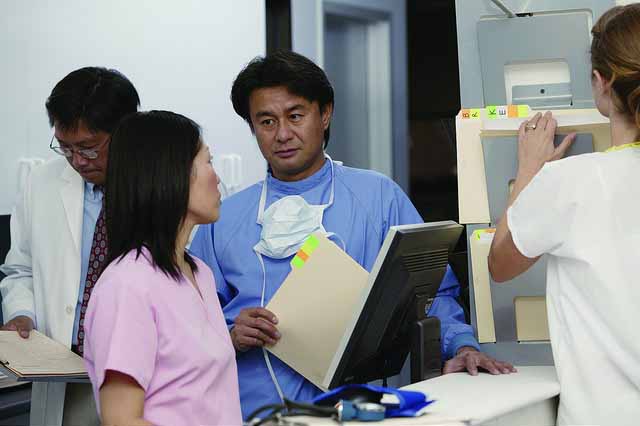
If you read the recent Centers for Medicare & Medicaid Services (CMS) report on the first-year of the Quality Payment Program (QPP), you’d likely come away with the perception that the program’s launch was an overwhelming success. You’d read that an “exciting” number of physicians took part, and participation among rural practices was “a remarkable accomplishment.”
But a closer look by the Texas Medical Association raises serious doubts about CMS’ numbers, transparency, and cheerleading – so much so that TMA and seven other state medical associations are asking the agency to take back the report.
After carefully analyzing CMS’ 2017 Quality Payment Program Reporting Experience report, TMA spearheaded a joint letter from medical societies representing nearly 170,000 U.S. physicians and medical students. The letter urges CMS to rescind the report and “establish a transparent approach to your analysis and reporting, and issue a revised, unbiased, and complete report that truly captures the full breadth” of the QPP’s first year.
The letter lays out a detailed case for what’s missing – and why the report poses a danger if it’s accepted as a definitive portrayal of the QPP’s first year. CMS assesses Medicare payment adjustments two years later, so it analyzed 2017 results this year. (And those results affected physicians’ Medicare payments this year as well.)
Furthermore, medicine expressed deep concern about the negative impact the program truly may be having on small and rural practices in particular: “Overall,” the letter says, “it is our impression that the data has been distorted to minimize the reality of the adverse impact the QPP has on small and rural practices, as well as on physician practices at large.”
Joining TMA on the letter were the medical societies of California, Florida, Louisiana, New York, North Carolina, Oklahoma, and South Carolina. It was addressed to both U.S. Department of Health and Human Services Secretary Alex Azar and CMS Administrator Seema Verma.
The medical societies cast doubt on CMS’ claim of a 95% overall participation rate in QPP, noting that the report claimed even higher rates in Texas and several other states where large portions of the physician workforce were exempted from reporting because of natural disasters like Hurricane Harvey. Those exempt clinicians automatically received a final score of three points that means they get neither a penalty nor bonus in their 2019 Medicare payment rates.
Per medicine’s analysis, however, it appears the agency counted both clinicians who submitted data and those who were exempt, which may have artificially inflated the participation rate and created “an illusion of exceeding expectations” in year one.
The well-documented, 22-page letter also found significant problems in numerous other pieces of the agency’s QPP analysis.
“It appears CMS cherry-picked the data that would make the QPP look favorable and left unreported data that would expose some of the major shortcomings of this program,” the eight societies wrote.
The letter, which was also circulated to Congress and the American Medical Association, calls on CMS to rescind this “inaccurate narrative” and not use it as the basis for future QPP changes that could harm physicians’ practices.
An in-depth look at the report and the medical societies’ analysis is coming in the June issue of Texas Medicine magazine.